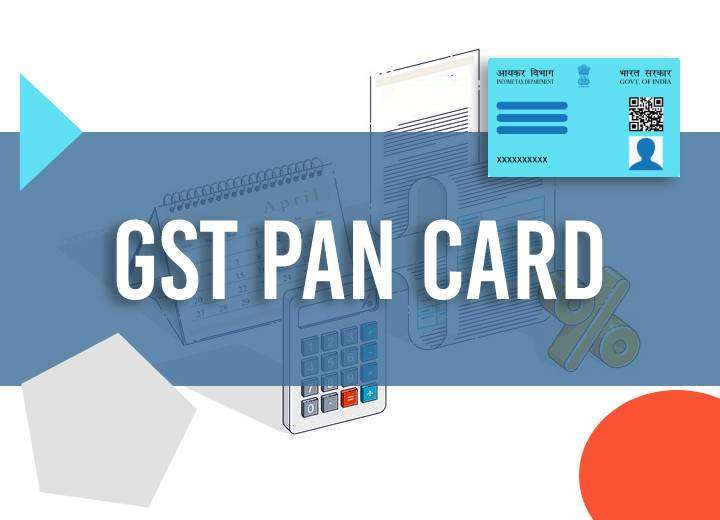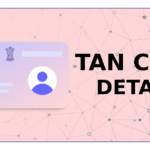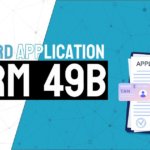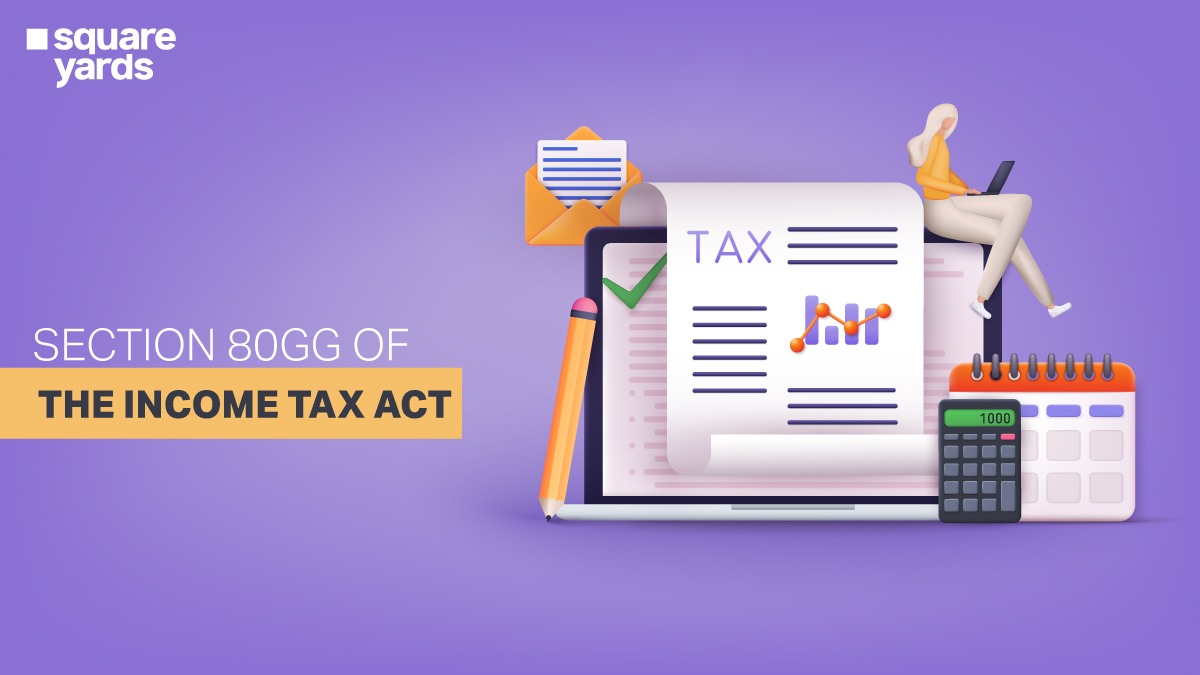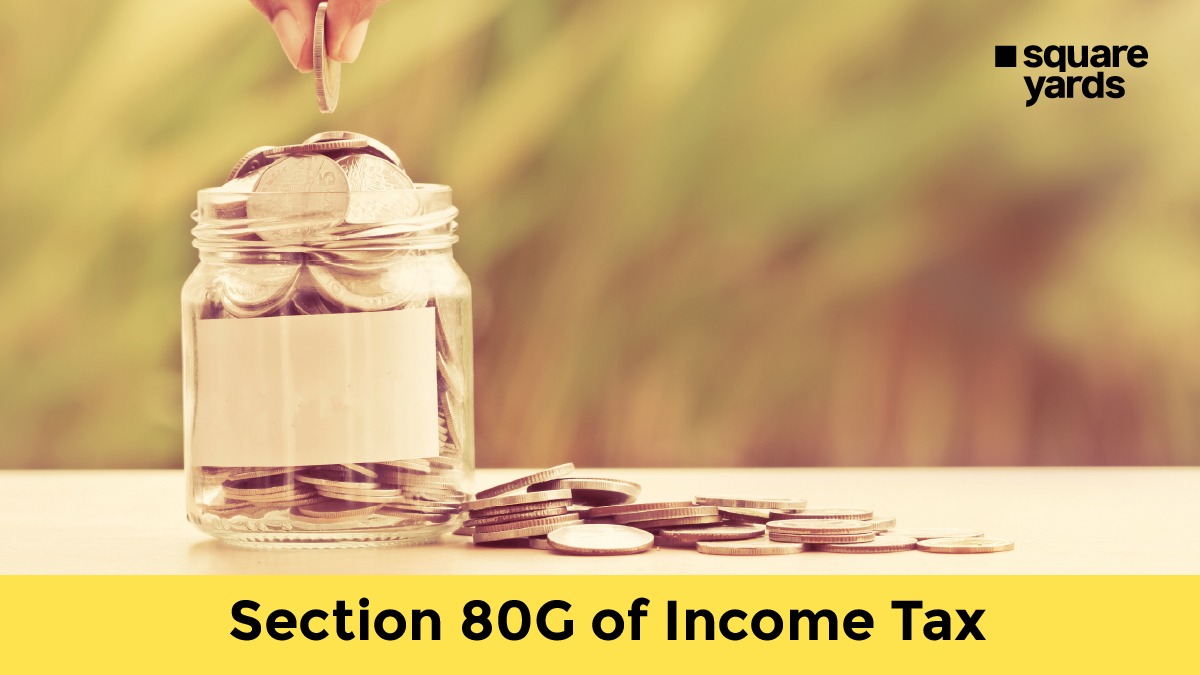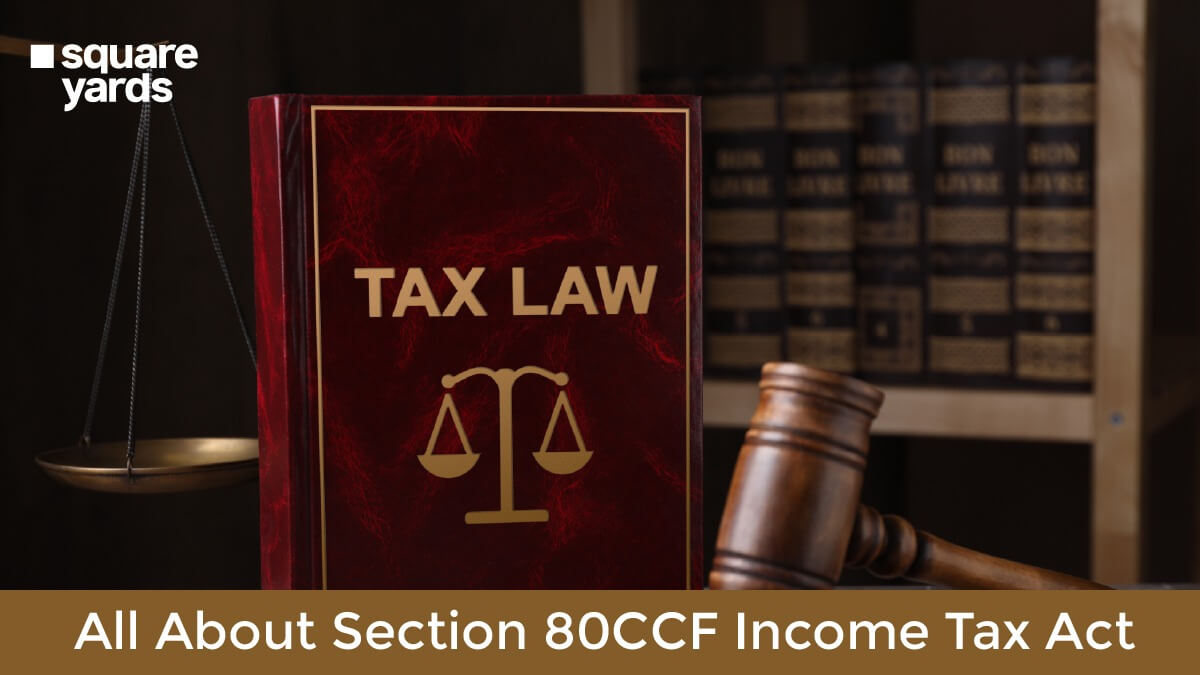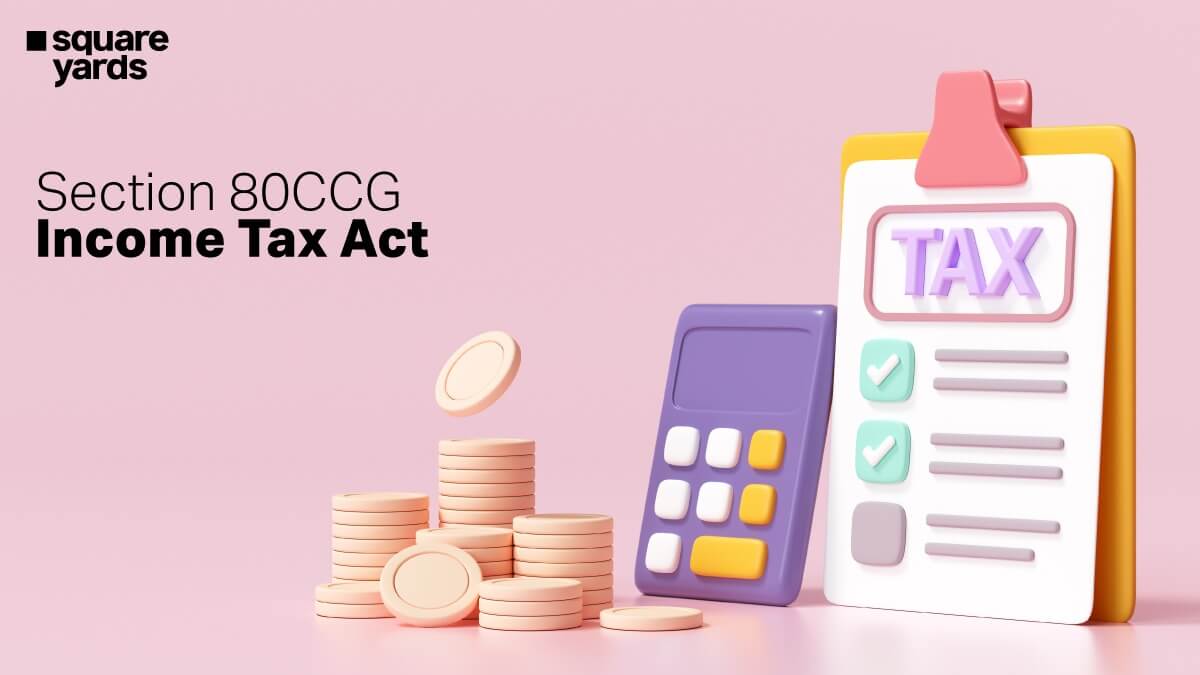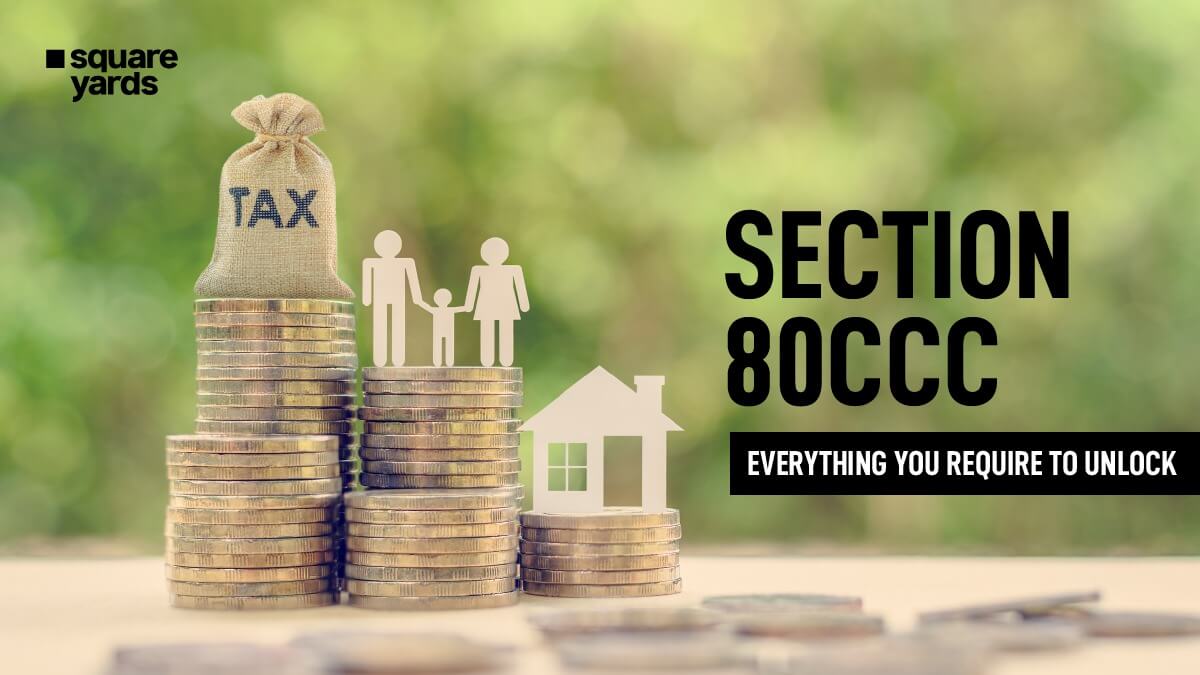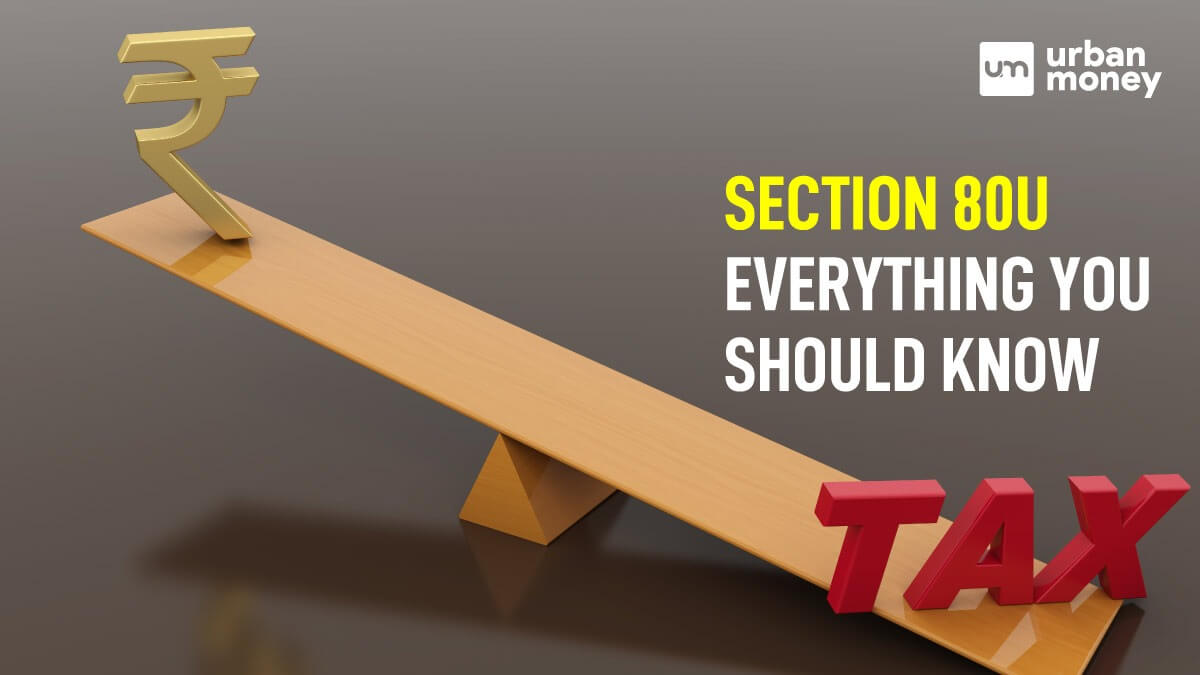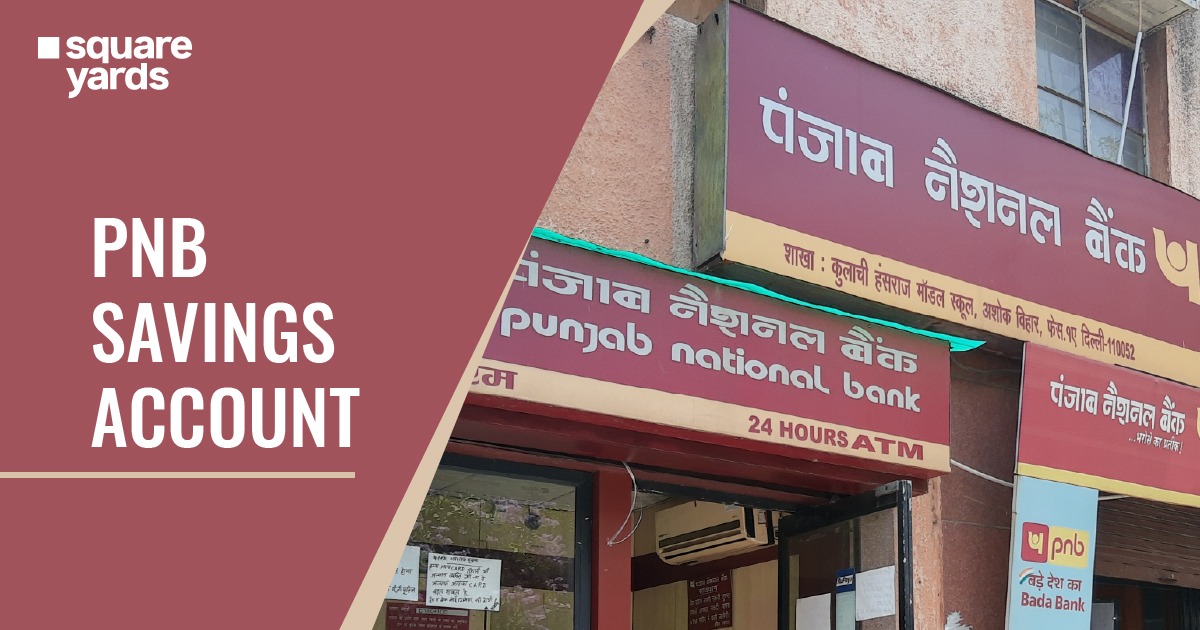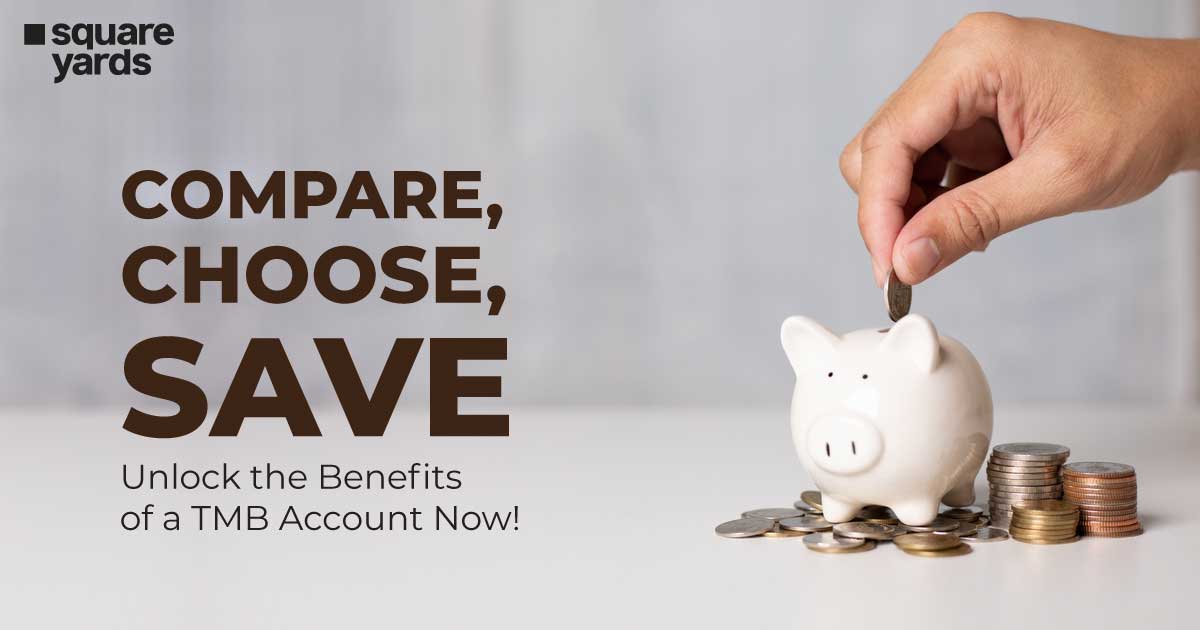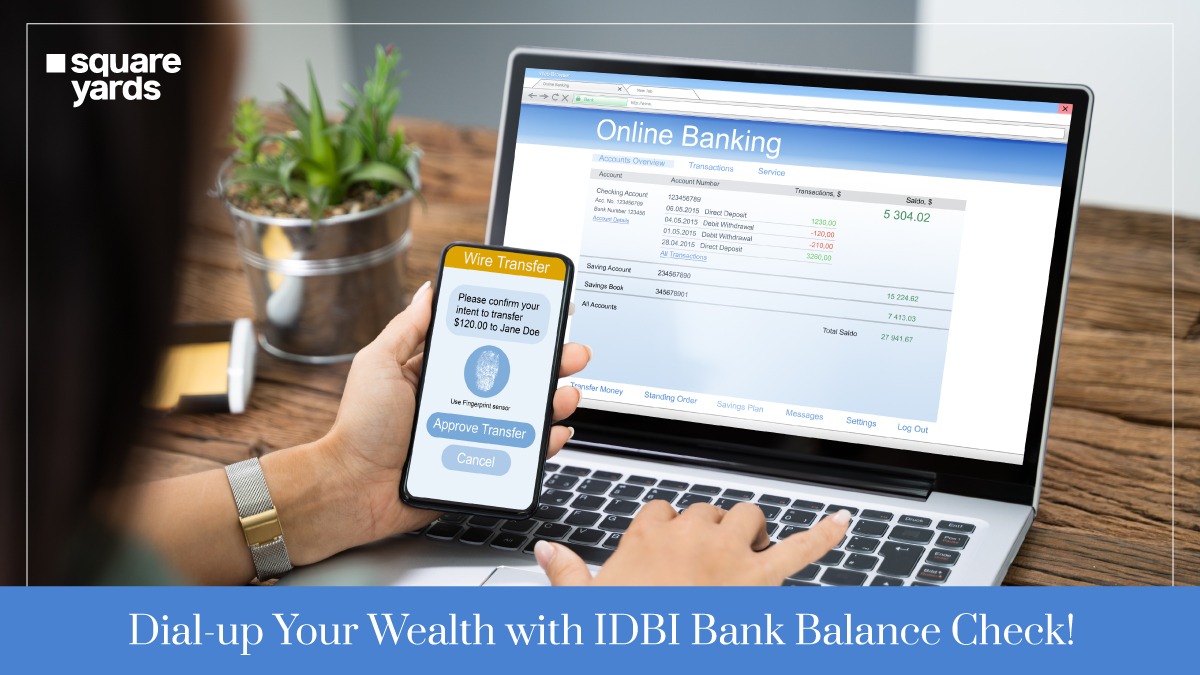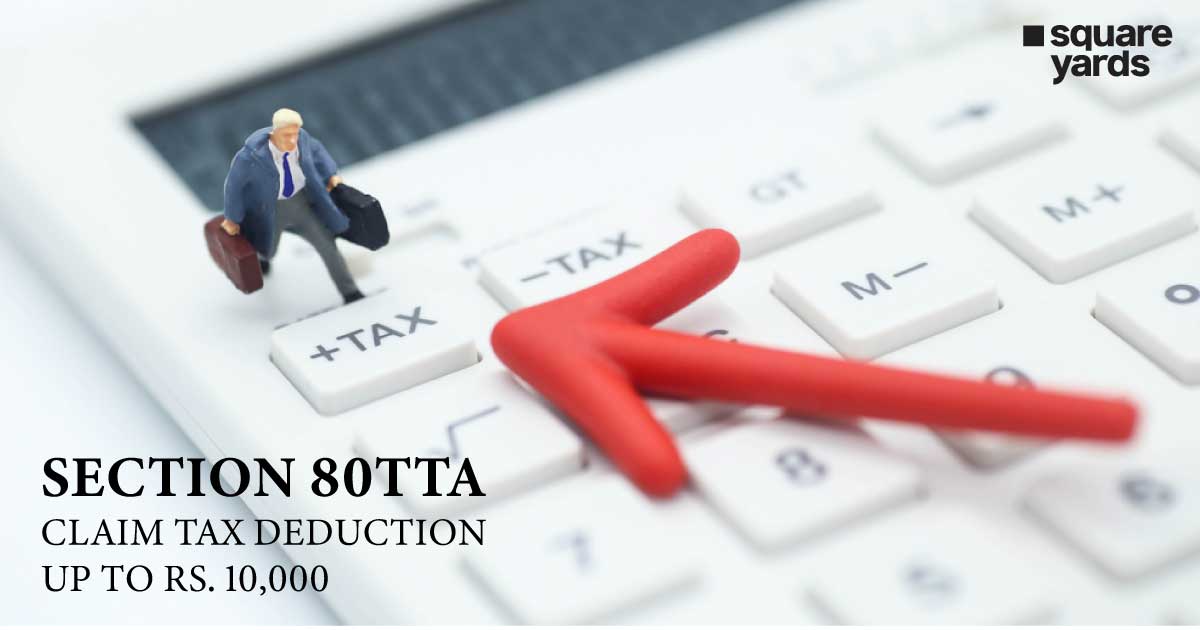The Income Tax Department has made it compulsory for all individuals who pay taxes in the country to have a Permanent Account Number. This rule was introduced as a measure to make the shift to the GST regime smooth and hassle-free. In this blog, we will talk about the scope of GST and PAN Card and all the other factors related to the shift to the new tax regime.
What is PAN?
`A PAN is a 10-digit alphanumeric number that acts as a valid photo identity document for the citizens of India who are paying income tax. The Central Board of Direct Taxes (CBDT) is responsible for issuing and supervising the PAN. The first five characters of the PAN are letters, the next 4 are numbers, and the last character is again a letter. This is a compulsory document for filing your income tax return, as it is used in recording details of different kinds of tax-related transactions.
What is GST?
The Goods and Services Tax is a type of indirect tax that was introduced as a means to replace a number of other taxes imposed by the government in the previous tax regime. The GST will integrate a number of indirect taxes like customs duty, central excise duty, service tax, surcharges, and VAT. Further, some other taxes like service tax, luxury tax, corruption tax, advertisement taxes, purchase tax, etc.
Shift to the GST Regime
Under the new tax regime, the Central Board of Excise and Customs has started the process of migrating the taxpayers to the GST system by issuing a temporary registration certificate. This certificate will only be provided to those who have a valid PAN under the previous tax regime.
In case any assesses liable to be taxed under excise or service tax does not have a valid PAN, then they are required to apply for a new PAN and make the necessary changes on the ACES portal. This process needs to be completed before the taxpayer is moved to the new GST system.
Further, the CBEC has also rolled out special awareness programs to raise awareness among taxpayers regarding the shift to the new tax regime.
GST Migration Process Using PAN
In this section, we will discuss how we can migrate to the new tax regime using your PAN details:
- A temporary registration number called the Goods and Services Tax Identification Number (GSTIN) will be allotted to every PAN holder with respect to their PAN details.
- In addition, the taxpayer will be provided temporary login credentials which can be used to log in to the GST portal. This is very crucial for providing all the necessary details and uploading all the required documents.
- Next, an Application Reference Number (ARN) will be provided to the assesses by the GSTN. The assesses will move to the GST system once the ARN has been allotted and the provisional certificate has been issued.
Impact of GST Regime on PAN
Under the new tax regime, every PAN will have one unique registration. The previous assesses all receive a temporary ID for each state where they have business operations. The other new state registrations will be displayed as an additional business location on the GSTN portal.
In a Nutshell
The introduction of the GST has made the Indian taxation system more integrated and streamlined. The GST has helped in expanding the taxation umbrella in the country. Which is why it is important to shift all taxpayers to the new regime. The shift to the GST process using PAN can be a fairly easy process if you understand the basics.


